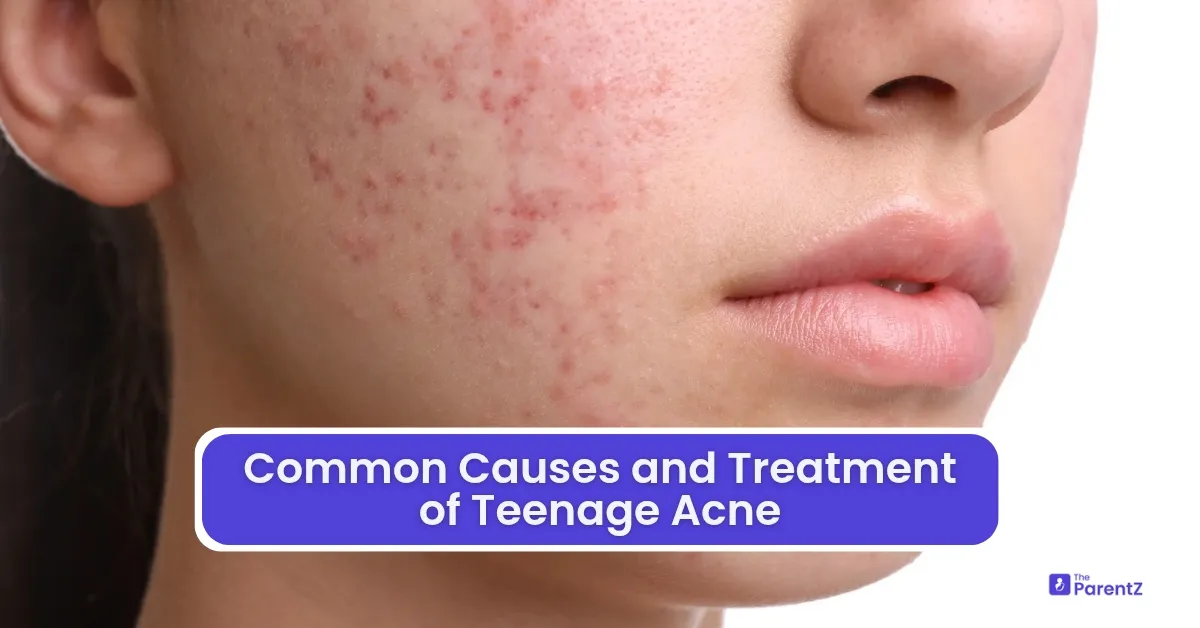When the Mirror Shows More Than Just a Face
As a teenager, standing in front of the mirror can sometimes feel like a battle. One day your skin feels fine, and the next—bam! Pimples erupt out of nowhere, right before school photos or a party. If you’re a parent, you might recall your own struggles with acne and feel a mix of empathy and helplessness watching your child go through it.
Teenage acne isn’t just a cosmetic concern but can affect self-esteem, social life, and even lead to anxiety or depression. But the good news? Acne is treatable, and understanding the cause is the first step.
What Is Acne?
Acne is a chronic inflammatory skin condition that occurs when hair follicles become clogged with oil (sebum), dead skin cells, and bacteria. It commonly appears on the face, chest, back, and shoulders, where there is a high density of oil glands.
Types of Acne Lesions
- Whiteheads: Closed clogged pores
- Blackheads: Open clogged pores (oxidized)
- Papules: Small red bumps
- Pustules: Pimples with pus
- Nodules & Cysts: Deep, painful lumps under the skin (severe acne)
Common Causes of Teenage Acne
- Hormonal Changes (Primary Cause)
- Genetics
- Poor Skincare Habits
- Diet
- Stress
- Cosmetics and Hair Products
- Excessive Sweating or Friction
When to See a Dermatologist
Mild acne often responds well to over-the-counter (OTC) treatments, but moderate to severe acne, scarring, or persistent breakouts need professional intervention. Early treatment can prevent permanent scarring and boost confidence.
Effective Treatments for Teenage Acne
1. Over-the-Counter (OTC) Treatments:
- Benzoyl Peroxide (2.5–10%)
- Salicylic Acid (0.5–2%)
- Adapalene (0.1%) – A topical retinoid
2. Prescription Treatments:
- Topical Retinoids (Tretinoin, Tazarotene)
- Topical Antibiotics (Clindamycin, Erythromycin)
- Oral Antibiotics (Doxycycline, Minocycline)
- Hormonal Therapy (For females)
- Isotretinoin (Accutane)
3. Lifestyle and Skincare Tips:
- Wash face twice daily with a gentle cleanser
- Use non-comedogenic makeup and sunscreen
- Avoid picking or squeezing pimples
- Change pillowcases often and keep hair away from the face
- Consider cutting back on dairy or sugar if acne seems diet-related
Holistic Additions (But Not Replacements)
- Tea tree oil – Natural antibacterial, useful in spot treatments
- Zinc supplements – Some studies show mild improvement
- Green tea extracts – Anti-inflammatory properties when applied topically or taken orally
Psychological Impact and Emotional Support
It’s important to remember that acne can affect mental health. Teens may experience:
- Low self-esteem
- Social withdrawal
- Increased anxiety or depression
As a parent or caregiver, open conversations, reassurance, and normalizing the condition are key. Let them know they’re not alone—and that with the right care, it does get better.
Conclusion: Patience and Persistence Pay Off
Teenage acne is a rite of passage for many, but it doesn’t have to leave behind scars—physical or emotional. With proper care, medical treatment, and emotional support, most teens can navigate through it and emerge with not just clearer skin, but also stronger confidence.
Remember: Acne doesn’t vanish overnight. It takes 6 to 8 weeks for most treatments to show visible improvement. Encourage consistency, patience, and above all, compassion for oneself and others.






Be the first one to comment on this story.